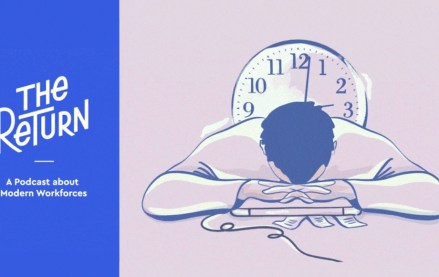How the beauty industry became a leading voice for social activism

Corrie Conrad had been working at Google as a senior project manager for eight years when she began interviewing at Sephora in January of 2015. The beauty retailer was in search of someone to head a newly carved out “social impact” division, an effort that would advance the company’s scattered value-driven efforts by combining them under one umbrella.
“Prior to then, there hadn’t been an intentional focus on using Sephora’s strengths for the greater good,” said Conrad, who has been Sephora’s head of social impact for the past two years. “I basically served as an anthropologist consultant internally, at first — figuring out who we are, what we’re good at and what our community needs.”
To read the rest of this story, please visit Glossy.
More in Marketing

With the rise of the chief AI officer, it’s time to examine ‘czar’ culture
Even if it’s a familiar pattern — hot new thing, new C-Suite exec to tackle said thing, a few years go by and that C-Suite position no longer exists as everyone is now doing said thing (or it was a fad that has since faded away) — does it make sense for businesses to continue to appoint new czars with every new trend?

Why Cava’s bid for brand awareness means prioritizing streaming ads
Fast-casual restaurant chain Cava has been in growth mode over the past year and is leaning into streaming ads in an effort to boost brand awareness.

A history of middle manager stress: The Return podcast, season 3, episode 1
In episode one, McKinsey partner Emily Field tells us more about why middle management is critically important to the workforce.








